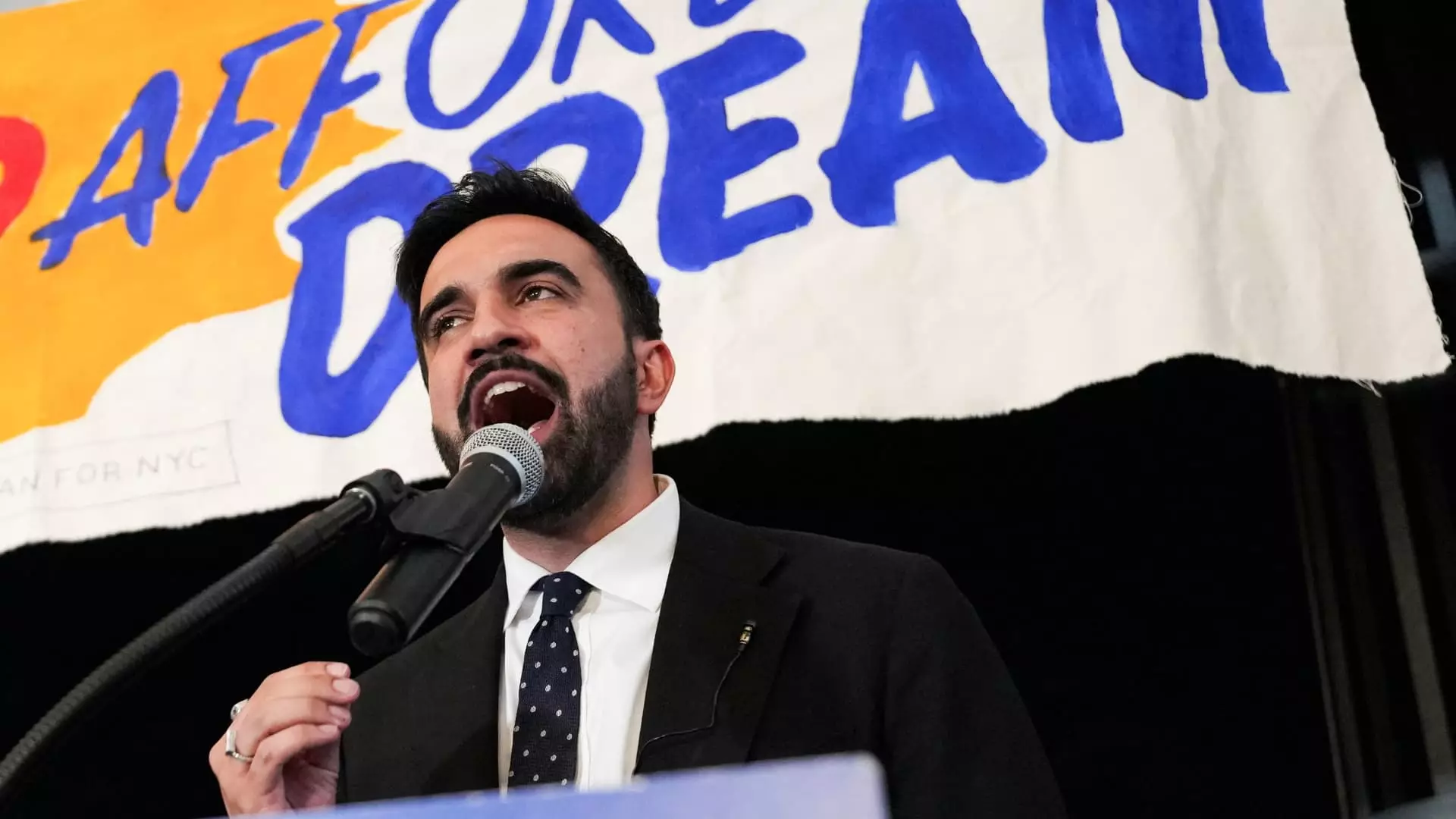Donald Trump’s recent attack labeling Zohran Mamdani as a “communist” is less a genuine political critique and more a dangerous distortion designed to stoke fear. His hyperbolic claim that New York City will become “a communistic city” if Mamdani is elected fails to grasp the vibrant complexity of urban governance and oversimplifies democratic choice into ideological caricature. This kind of rhetoric is not only unproductive but also divisive, encouraging polarized responses that undermine democratic engagement.
Mamdani, a democratic socialist and three-term state assemblyman, represents a shift in New York’s political landscape, one fueled by frustration with the status quo and a demand for more equitable policies. Labeling him a “communist” to provoke anxiety among voters and business leaders is a manipulation tactic, dismissing legitimate discussions about economic justice and social reform. This reductive framing ignores the nuanced proposals Mamdani brings to the table—such as rent freezes and increased corporate tax rates—which have real implications for addressing the city’s affordability and inequality crises.
The Reaction of Business Elites and the Myth of Economic Exodus
The panic among business leaders and wealthy investors, as echoed by figures like Phillip Laffront, underscores a troubling dynamic: economic interests often prioritize profit protection over the needs of the broader community. The fear that a Mamdani administration might scare off investors is rooted in a neoliberal mindset that equates growth with corporate-friendly policies rather than sustainable, inclusive urban development.
This reaction reveals an ongoing tension in American politics where efforts to redistribute wealth or regulate corporations are conflated with economic calamity. Yet history has shown that cities which embrace progressive reforms—like increasing affordable housing or taxing the wealthy—do not necessarily spiral into chaos but can thrive when governance prioritizes equity alongside growth. New York City’s own resilience is a testament to this balance, and fearing a single ideological label distorts the reality and potentials ahead.
The Troubled Backdrop of Current Leadership
Meanwhile, Mayor Eric Adams’ unique political positioning—from Democrat to independent—coupled with his federal corruption indictment, casts a shadow on current city leadership. The dismissal of Adams’ charges by the Department of Justice in a manner that many prosecutors decried as politically motivated, weakens public trust and amplifies the demand for change. The scenario in New York is not just a battle between ideologies but reflects a significant discontent with entrenched political dysfunction and perceived corruption.
This context explains, in part, why many voters are willing to embrace candidates like Mamdani who offer bold alternatives and challenge centrist complacency. The shift toward more progressive voices is an expression of democratic vitality rather than a slide toward extremism. It also highlights the urgency for political actors across the spectrum to engage in substantive dialogue rather than resorting to character assassinations or conspiracy-laden narratives.
A Call for Grounded Political Discourse
What’s most striking in the unfolding New York mayoral drama is the erosion of serious political discussion in favor of exploitable soundbites. Labeling a democratic socialist as a communist is a muddled misclassification that serves only to confuse voters and undermine the democratic process. It’s essential for the electorate to see beyond these scare tactics and critically evaluate candidates on policies and performance.
Constructive political discourse requires recognizing the legitimate concerns driving voters toward alternatives like Mamdani. Issues such as housing affordability, social inequality, and corporate influence in politics demand innovative solutions rather than knee-jerk denunciations. Trump’s comments do a disservice to New Yorkers by misinforming public debate and by perpetuating a climate of fear rather than hope.
Democracy thrives on informed voters who can discern nuance and balance competing interests with reasoned judgment. New York City’s mayoral race offers an opportunity for progress rather than regression—if only political leaders and the media can rise above divisive rhetoric and embrace the complexity of governing one of America’s most diverse and dynamic cities.

Leave a Reply